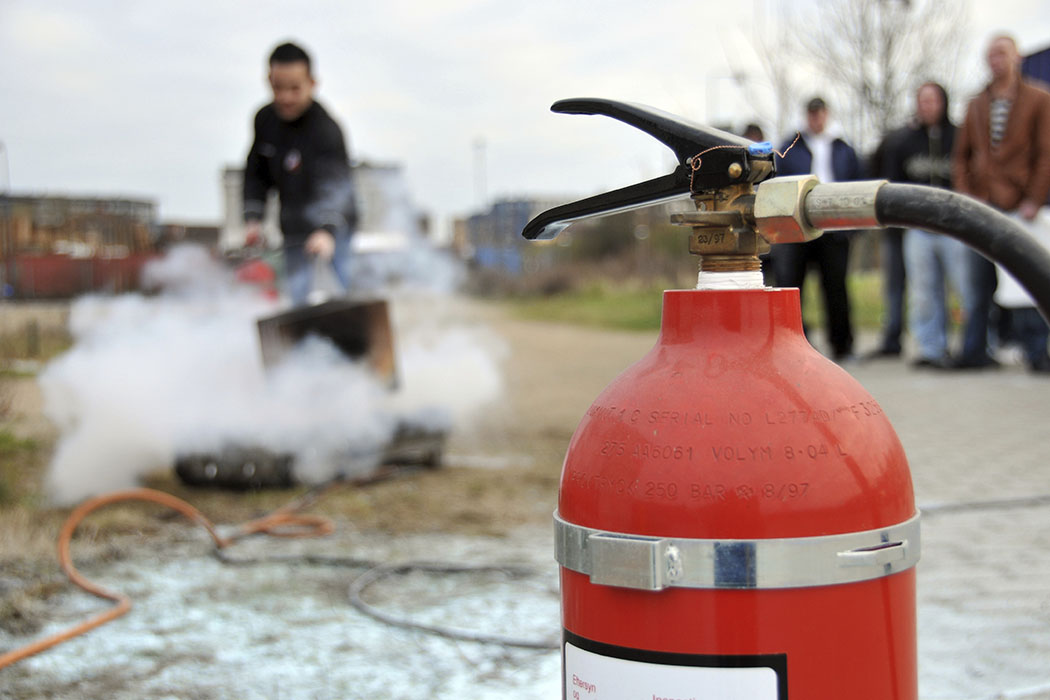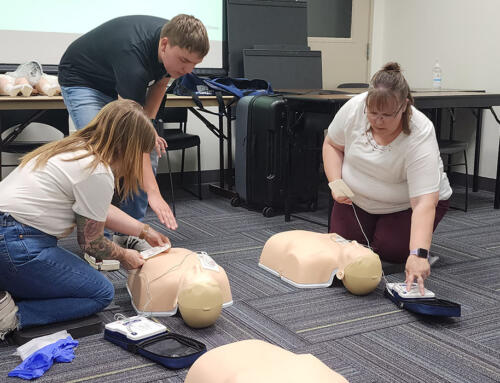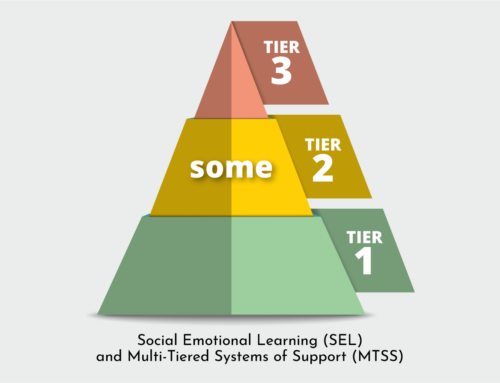Accidents occur for many reasons. People tend to look for “things” to blame when an accident happens, because it is easier than looking for “root causes,” such as those listed below. Have you been guilty of any of these attitudes or behaviors? You may have not been injured then, but next time you may not be as fortunate.
Taking Shortcuts
Every day we make decisions we hope will make the job faster and more efficient. Short cuts that reduce your safety on the job are not shortcuts, but an increased chance for injury.
Tiredness and fatigue
When the body is tired or pushed beyond its reasonable limits, mental and physical exhaustion is the result. The response to outside stimuli is slowed, aptitude is diminished, and the potential for accidents is increased dramatically.
Being Over Confident
Confidence is a good thing. Overconfidence is too much of a good thing. “It’ll never happen to me” is an attitude that can lead to improper procedures, tools, or methods in your work. Any of these can lead to an injury.
Incorrect Work and Incomplete Instructions
Due to lack of training, understanding, or simple ignorance, many workers perform their job incorrectly. To do the job safely and right the first time you need complete information. Don’t be shy about asking for explanations about work procedures and safety precautions.
Poor Housekeeping
Housekeeping is an accurate indicator of everyone’s attitude about quality, production and safety. Poor housekeeping creates hazards of all types. Slippery floors, exposed electrical wirings, low overhanging beams and articles, and too high stacking of boxes are just a few examples of how the workplace can be made hazardous, even unintentionally. A well-maintained area sets a standard for others to follow.
Ignoring Safety Procedures
Purposely failing to observe safety procedures can endanger you and your co-workers. Being “casual” about safety can lead to a casualty!
Stress, Inattention and Distraction
Having a bad day at home and worrying about it at work is a hazardous combination. Dropping your ‘mental’ guard can pull your focus away from safe work procedures. You can also be distracted when you are busy working and a friend comes by to talk while you are trying to work. Don’t become a statistic because you took your eyes off the machine “just for a minute.”
Failure to Pre-Plan the Work
Being hasty in starting a task or not thinking through the process can put you in harms way. Instead, Plan Your Work and then Work Your Plan!
“It is better to be careful 100 times than to get killed once.”
— Mark Twain





 ESD 112 equalizes educational opportunities for learning communities through innovative partnerships, responsive leadership, and exceptional programs.
ESD 112 equalizes educational opportunities for learning communities through innovative partnerships, responsive leadership, and exceptional programs.